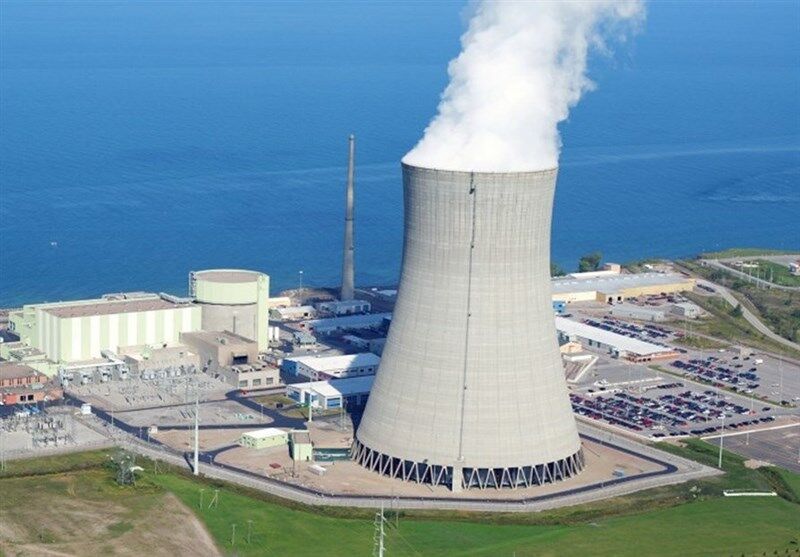Turkish President Recep Tayyip Erdogan, in a speech at an economic forum in the city of Sivas in September 2019, by saying ‘Turkey’s right to have a nuclear weapon’ made the headlines. In fact, Erdogan pointed to the unfairness of the current international order and cited the possession of nuclear weapons as a requirement for his country’s international credibility. He claimed that all developed countries have nuclear weapons, adding that Turkey is ‘currently working on it’. This was the first time he had openly proposed the idea of a Turkish nuclear option, pointing to Turkey’s ambitions to pursue a military nuclear program. Some indications are that Erdogan is not bluffing.
There are indications that Turkey has begun construction of its first nuclear power plant in Akkuyu, on the south coast of Mersin Province. According to Turkish media reports, the Akkuyu power plant will provide 10% of the country’s electricity needs. The plant will have four reactors, each with a capacity of 1,200 megawatts, and will be built by Russia’s state nuclear energy agency (Rosatom). The first unit is scheduled to start operation in 2023.
As part of the Turkey-Russia agreement, Turkish university students have enrolled in nuclear training programs in Russia after which they will work at the Akkuyu plant. According to some reports, Turkish engineering students have become the second largest national group studying nuclear science in Russia.
Apart from Russia, Turkey has begun to approach nuclear-armed Pakistan. Turkey is Pakistan’s fourth largest arms supplier, surpassing the United States, making Pakistan largest arms export market of Turkey between 2016 and 2019. While China is a major source of Pakistani defense hardware imports, Turkey is increasingly offering another important alternative to Pakistan.
Other signs of Turkish ambition that have not been widely reported include the development of ballistic missiles and the Turkish space program. In 2012, the Turkish Scientific and Technological Research Council (TÜBİTAK) announced the government’s target for developing a missile with a range of 2,500 km. Turkey also established the Turkish Space Agency in 2018, hoping to join a handful of other countries with space programs. Erdogan himself unveiled the Turkish space program at an official ceremony in February 2021.
Understanding nuclear views of Turkey
The interaction of Turkey’s political, religious and media elites with Turkey’s nuclear policy has received less attention over the years. While Erdogan’s remarks have received more attention in the foreign and domestic media, the Islamists’ view of having nuclear weapons is also questionable. Hayrettin Karaman, a senior theologian, expressed the idea in the pro-government Yeni Şafak newspaper, saying: At the time of the Prophet (PBUH) the most effective means of warfare were cavalry and shooting, for this reason, Muslims were encouraged to welcome those means. The most effective weapon today is nuclear weapons … Countries that do not have nuclear weapons are suffering from lack of power and are facing great danger and threat.
Nedret Ersanel, another columnist in Yeni Şafak, urge Turkey to develop nuclear weapons without wasting time. In his article in January 2021, Ersanel wrote: On the issue of nuclear weapons, my personal opinion is that we need it! Is the time right? Yes, it is. Do not listen to those who criticize.
For nationalists in Turkey, developing nuclear capabilities is beneficial to the security and survival of the Turkish government. The father of the National Movement Party (MHP) and the iconic figure of Turkey’s far right, Alparslan Türkeş , had previously insisted in 1975 that Turkey should acquire nuclear weapon. Other senior nationalist camp officials, such as former government minister or former communications minister have made similar statements in the past about Turkey’s need to develop a nuclear military program.
Nevertheless, in the Kemalist-Nationalist camp, there is criticism of the idea of a nuclear program and government cooperation with Russia or other non-Western actors. Despite frustration with the European Union and the United States in recent years, they continue to believe that Turkey’s security interests in NATO and Western security establishment are better served.
Conclusion
The prospect of whether or not Turkey will expand its nuclear program in the near future is closely linked to domestic political dynamics. Continuation of Erdogan’s rule or having one of his heirs in power is likely to pave the way for a nuclear Turkey. Erdogan has already shown that he is ready to pay the political and economic costs for his strategic decisions. On the other hand, a return to the Kemalist order of old Turkey, or at least some of its Western-oriented features, is likely to deter Turkey from pursuing nuclear capabilities. A Kemalist-nationalist camp at the helm will revive Turkey’s traditional foreign policy, which sees the West and the United States as real allies. In such a scenario, it seems that Ankara will abandon the nuclear option and return to the NATO nuclear umbrella.










0 Comments